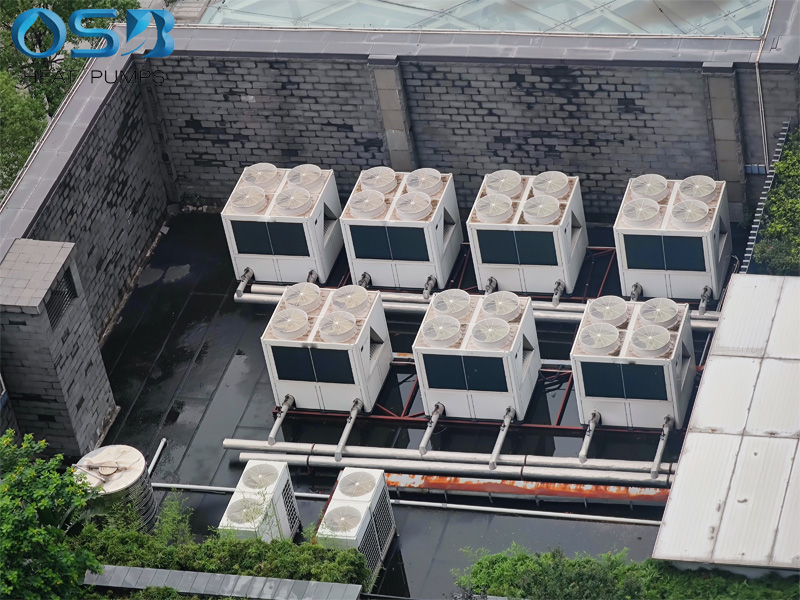What Are the Pros and Cons of Heat Pumps?
Prior to your purchasing decision of a heat pump system, it is important to inform yourself about heat pumps upsides and downsides. There is a multitude of heat pump advantages, which make them a great investment for the homeowner, and simultaneously, concerns that have to be regarded.
We will take a look at these advantages and disadvantages in detail below, to help you make an informed decision and make a wise investment towards this low carbon heating technology.
7 Advantages of Heat Pumps are:
- Lower running costs
- Less maintenance
- Better Safety
- Reduces Carbon Emissions
- Provides Cooling
- Long life-span
- Eligible for RHI scheme
7 Disadvantages of Heat Pumps are:
- High upfront cost
- Difficult to install
- Questionable Sustainability
- Requires significant work
- Issues in cold weather
- Not entirely carbon neutral
- Planning permissions required
7 Heat Pump Advantages
Heat pumps can be a fantastic choice for your home in many ways. Listed below are some of the advantages you can get by installing a heat pump.
1. Lower Running Costs
Heat pumps are cheaper to run than systems based on combustion. The more energy efficient the systems are, the greater long term savings on energy. Despite the fact that the prices of ground source heat pumps can go up to even £45,000, this friendly environmentally investment can help you save up to £1,400 per year.
2. Less Maintenance
Heat pumps require less maintenance than combustion heating systems. Regularly, once a year, some certain details of the system have to be checked, which could be easily accomplished by yourself. A professional installer, on the other hand, has to check every three or five years.
3. Better Safety
Heat pumps are safer than combustion-based heating systems. They are safe to operate and since they rely on electricity and do not need to burn fuel to generate heat, they come with fewer safety concerns compared to their counterparts.
4. Reduces Carbon Emissions
Heat pump system reduces your carbon emissions and it has an efficient conversion rate of energy to heat. For example, water source heat pumps reach reasonably high efficiencies, close to 600 per cent.
5. Provides Cooling
During the warm periods, heat pumps are able to reverse the process, and thus act like an ac unit. Air to air heat pumps can conveniently be switched to cooling mode during the summers.
6. Long Life-Span
The life-span of heat pumps is relatively long, up to 50 years, however the average life-span is somewhere between 14 to 15 years. Despite these numbers, they are exceptionally reliable and steady source of heat.
7. Eligible for RHI Scheme
The government provides two different types of programs to assist the installation of renewable heat systems. You may be eligible for payment under Domestic Renewable Heat Incentive (RHI) scheme, which addresses to homeowners, social and private landlords, and also to self-builders. On the other side, the Non-Domestic Renewable Heat Incentive is open to public sector such as businesses, organisations and industries.
Remark:
Some of the articles are taken from the Internet. If there is any infringement, please contact us to delete it. If you’re interesting in heat pump products,please feel free to contact OSB heat pump company,we are your best choice.
Post time: Jul-08-2022


